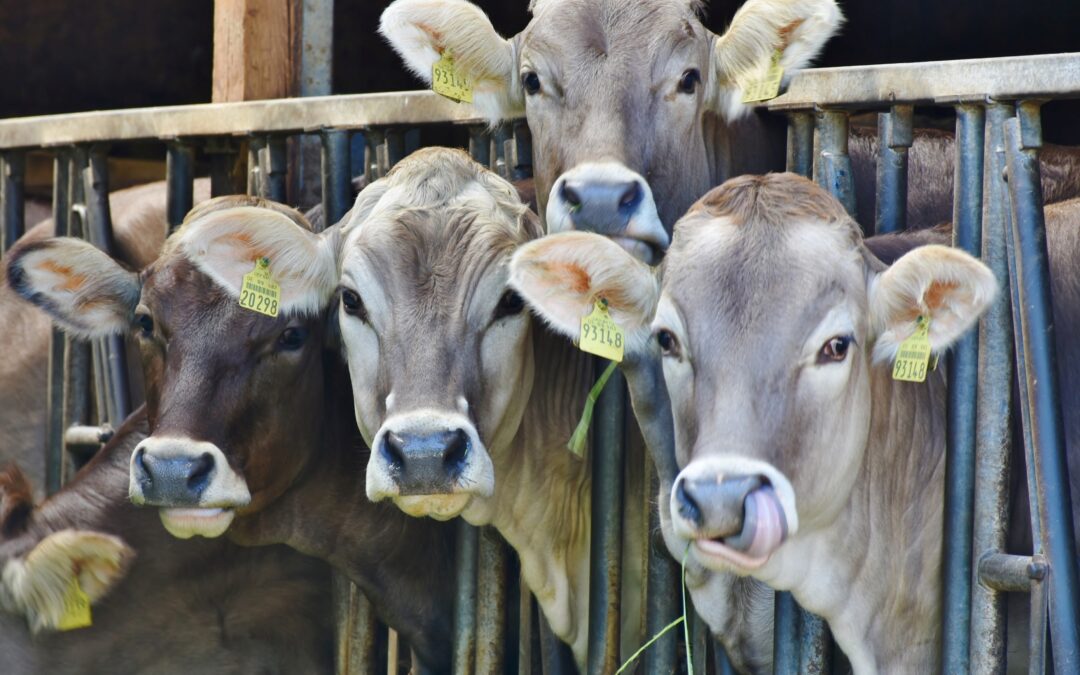The Advantages of Japanese Knotweed for Livestock and Poultry Production
Japanese Knotweed is a real problem plant species. It is often considered a nuisance for its aggressive growth and potential to damage buildings and infrastructure. However, this plant also has several benefits for livestock and poultry production. Here are some advantages of incorporating Japanese Knotweed into livestock and poultry diets.
- Nutritional benefits: Japanese Knotweed is high in antioxidants, fibre, and vitamins, making it a nutritious addition to livestock and poultry diets. Antioxidants can help improve the overall health of animals and reduce the risk of diseases, while fibre can improve digestion and promote a healthy gut microbiome.
- Increased production: Japanese Knotweed can help increase livestock and poultry production. The plant contains high protein levels, essential for animal growth and development.
- Improved feed utilisation: Japanese Knotweed can also improve the utilisation of other feed sources. The plant contains high levels of fibre, which can help animals better digest and utilise other feed sources.
- Cost savings: Incorporating Japanese Knotweed into livestock and poultry diets can result in significant cost savings, as it can be used as a substitute for more expensive feed sources. This financial benefit makes it an attractive option for livestock and poultry producers.
Significant cost savings, as it can be used as a substitute for more expensive feed sources. This financial benefit makes it an attractive option for livestock and poultry producers. Significant cost savings, as it can be used as a substitute for more expensive feed sources. This financial benefit makes it an attractive option for livestock and poultry producers. Ensure that it’s free of contaminants and of the highest quality.
Understanding The Advantages of Japanese Knotweed for Livestock and Poultry Production
Japanese Knotweed, a highly invasive plant species, has several benefits for livestock and poultry production. Its high levels of antioxidants, fibre, vitamins, and protein make it a nutritious addition to animal diets. Its ability to improve feed utilization and result in cost savings make it an attractive option for livestock and poultry producers. However, proper management of the plant’s growth is important to avoid any damage to buildings and infrastructure, and sourcing from reputable suppliers is important to ensure its quality.
